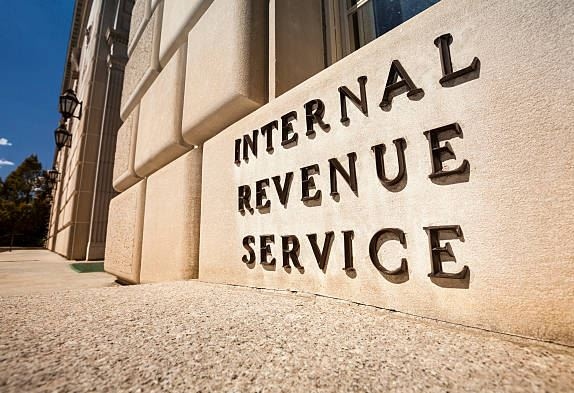In a major announcement, the Internal Revenue Service (IRS) has declared that most special payments made by states will not be taxable. This ruling has been eagerly awaited by millions of Americans who receive such payments and will come as a relief for many.
The IRS has stated that these special payments, which are often used to help those in need, such as the elderly or disabled, will no longer be considered taxable income. This ruling applies to the vast majority of such payments, including disability payments, elderly assistance, and aid for families with children.
The decision was based on a comprehensive review of federal tax laws, as well as input from experts in the field. The IRS has determined that these payments are designed to help those in need, and therefore should not be subject to federal income tax. This ruling will help to ensure that those who rely on these payments are able to keep more of their money, which will allow them to better meet their basic needs.
The announcement has been met with widespread support from advocates for the elderly and disabled, who have long argued that these special payments are crucial for helping those in need. These groups have praised the IRS for its decision, and have called on Congress to take similar steps to ensure that all special payments are exempt from taxation.
The ruling will also provide much-needed clarity for individuals and families who receive these payments. Many have been unsure about the tax status of these payments, and have been left in a state of uncertainty about their finances. This announcement will give them the peace of mind that they need to plan for the future, and will allow them to better budget for their expenses.
In addition to the ruling on special payments, the IRS has also clarified its position on other types of state payments, such as unemployment benefits and workers’ compensation. The agency has stated that these payments will continue to be taxable, as they are considered to be replacements for lost wages.
The IRS has emphasized that this ruling does not apply to all state payments, and that individuals should still consult with a tax professional to determine the tax status of any payments they receive. However, the agency has made it clear that it will take a more favorable view of most special payments, and will work to ensure that they are not taxed.
The announcement is the latest in a series of actions taken by the IRS to help Americans during the pandemic and economic downturn. The agency has worked to provide relief to taxpayers by extending deadlines, offering payment plans, and providing additional resources and support.
In conclusion, the IRS’ decision to exempt most special payments made by states from taxation is a positive step for millions of Americans who rely on these payments to meet their basic needs. This ruling will provide much-needed clarity for individuals and families, and will allow them to keep more of their money, which will help them to better meet their financial obligations. The IRS’ action is a clear demonstration of its commitment to helping Americans during these difficult times.

